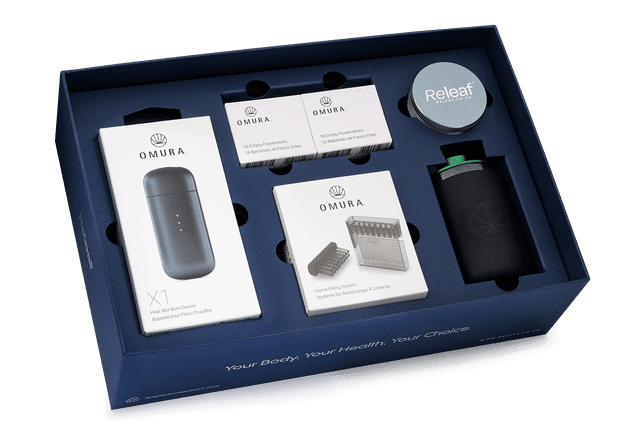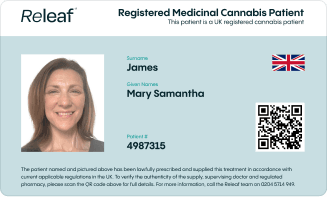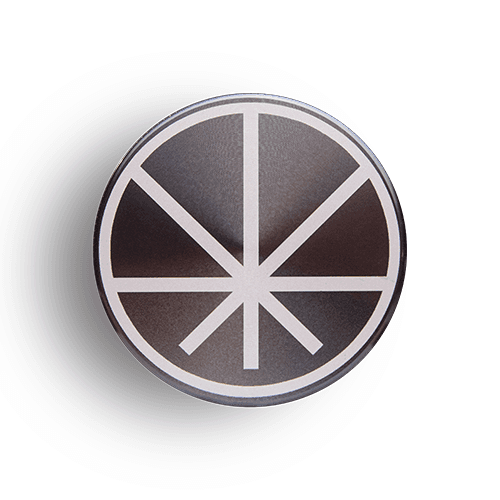Legal framework for medical cannabis
Medical cannabis was legalised in the UK in November 2018. Under this legal framework, cannabis-based products for medicinal use (CBPMs) can be prescribed by specialist doctors for a wide range of conditions, from chronic pain to anxiety, and typically in cases where two or more conventional treatments have failed.
However, under the Misuse of Drugs Act 1971, cannabis remains a controlled drug, making it illegal for people to possess, supply, produce, or import/export without the appropriate licence or prescription.
There are no regulations specifically related to where or when a person is permitted to consume their medication, but for this we can look to other laws, such as the Equality Act 2010.
The role of the Equality Act
The Equality Act 2010 is an important piece of legislation which serves to “legally protect people from discrimination in the workplace and wider society.”
This legislation can be applied to medical cannabis patients under Section 15 (1): Discrimination arising from disability.
A person is considered to have a disability if:
- You have a physical or mental impairment that has a ‘substantial’ and ‘long-term’ negative effect on your ability to do normal activities.
- You have been diagnosed with a progressive condition, including but not limited to HIV, cancer, Parkinson’s disease, or multiple sclerosis.
Most conditions covered under medical cannabis prescription are likely to come under the scope of disability as defined by the Equality Act 2010. This legislation rules that it is unlawful to treat any person with a disability (as defined above) in a discriminatory manner.
For example:
- A person (A) discriminates against a disabled person (B) if:
- A treats B unfavourably because of something arising in consequence of B's disability, and
- A cannot show that the treatment is a proportionate means of achieving a legitimate aim.
Subsection (1) does not apply if A shows that A did not know, and could not reasonably have been expected to know, that B had the disability.
Medical cannabis and public spaces
A public space is generally defined as any area that is open and accessible to the general public and encompasses a variety of indoor and outdoor settings.
Examples of public spaces include:
- All public highways, streets, alleys, and thoroughfares where the public can walk or drive.
- Public parks, gardens, and recreational facilities managed by local councils or the government.
- Public transport, including bus stops, train stations, airports.
- Shopping centres and markets.
- Public buildings, such as libraries and museums.
- Beaches, squares, plazas, and other open areas designed for public use.
Medical cannabis, vaping and smoking laws
Smoking medical cannabis— even if it has been prescribed— is prohibited under UK law.
As it is a prescribed medication, medical cannabis does not fall under smoking or vaping laws, however, the lack of specific guidelines around its use in public means it is often treated as such.
Establishments and authorities have been known to refer to wider smoking and vaping regulations when faced with a situation where a patient wishes to medicate in public. In these cases it is important to know your rights under the Equality Act.
When can I consume medical cannabis in public?
Under the Equality Act, it could be argued that a patient has a right to consume their medication in public, if and when they need to, and that preventing them from doing so would be considered discriminatory.
In the UK, medical cannabis is mostly prescribed as flower and oil. While the oil is longer lasting and more discreet to administer (so less of an issue in public places), many patients prefer flower for its fast-acting effects which wear off more quickly.
In some cases, a patient may need to carry their flower-based medication with them at all times, and there may be instances when they have to medicate in public, for example if they were to experience a sudden onset of symptoms. This could include anything from an epileptic seizure to an anxiety/panic attack or pain flare up.
Salford Council recently passed a motion designed to protect the rights of medical cannabis patients in public. It will ensure that reasonable adjustments are made for any users of prescription medication in council owned spaces, in accordance with the Equality Act.
While this is the first UK local authority to introduce a policy around administering medical cannabis, it is hoped that more will follow as awareness grows.
Public attitudes to medical cannabis
On the flip-side, it is also important that patients exercise common courtesy and consideration for those around them. Vaping medical cannabis flower often leaves a distinct smell and could lead to passive effects on others if consumed in a crowded or enclosed space.
Some members of the public may object to the smell, or even seeing people —especially in an indoor space—as not only is this considered to be outside of the norm, but may still be viewed as illegal activity (however misguided that may be).
Market research conducted by Releaf in April 2023, found that 59% of adults were unaware that medical cannabis had been legalised in the UK, with 35% believing it was not legal, and a further 24% admitting that they were unsure whether medical cannabis was legal or not.
Meanwhile, 34.16% of patients said they were discouraged from using medicinal cannabis in public as they were worried it would be mistaken as being illegal, whilst approximately one in six worried their family and friends would disapprove.
What to know when consuming in public
When carrying your medication in public, patients are required to keep it in its original packaging, along with a copy of your prescription should you need to present this to police to prove it is lawful.
Releaf issues every patient with a medical cannabis card which ensures you can conveniently access this information wherever you are. Each card has a photo ID and a QR code which allows you to share your prescription and Releaf medical records with police and other concerned parties within a matter of minutes.
Releaf patient Daisy explains how this card helped her overcome the stigma she experienced when she was open about her prescription with colleagues.
“I got asked by someone who had known me for 10 years if I'd been intoxicated at work - that’s the automatic response,” she said.
“Having a medical cannabis card makes me feel better - and that counts. I’m living a dual existence, between being a cannabis patient with all these conditions, and being a registered professional who works in mental health - it can be really challenging.”
Can I consume medical cannabis at festivals and events?
As outlined in the second part of the Equality Act, there may be times when it is necessary to inform the concerned party of your requirement and right to use cannabis-based medicines, for example, if you are attending a public event such as a music festival.
We recommend contacting the organisers ahead of the event to inform them that you will be carrying your medication and may need to administer it on site. It is also important to familiarise yourself with any protocols they have in place. And of course, make sure you have access to a copy of your prescription and that your medication is in its original packaging. Read more medicating at festivals this summer here.
Can I consume medical cannabis in a pub or venue?
When visiting a private establishment such as a pub or restaurant, whether you can administer your medication on site is ultimately at the discretion of the venue. Based on the experiences of other patients, attitudes towards this vary widely depending on the level of understanding of the concerned party.
If you feel you may need to medicate while visiting a particular venue, we recommend contacting the owner or manager and informing them of this, being mindful of policies and protocols that they may have in place.
Be prepared to show them a copy of your prescription and even to explain the legislation around cannabis-based medicines, as well as your rights under the Equality Act, depending on their existing knowledge and awareness. They may not be comfortable with you administering inside, especially if it is an establishment that serves food and/or caters to families.
Final thoughts
There is no blanket approach when it comes to administering medical cannabis in public. Every situation and circumstance will be different, depending on the patient and their surroundings.
Patients should be respectful of others, and most would probably agree that administering medical cannabis in an enclosed, public space should only be done when absolutely necessary, out of common courtesy for those around them.
However, the Equality Act is there to protect individuals from discrimination based on their condition or disability. As such, it could be argued that medical cannabis patients have a right to administer their medication as required and, if necessary, in a public space in urgent situations.





